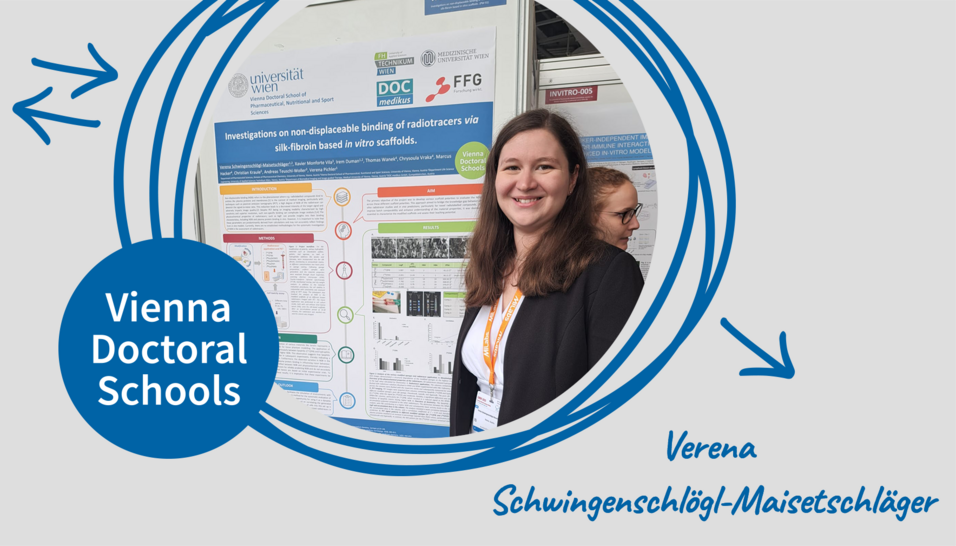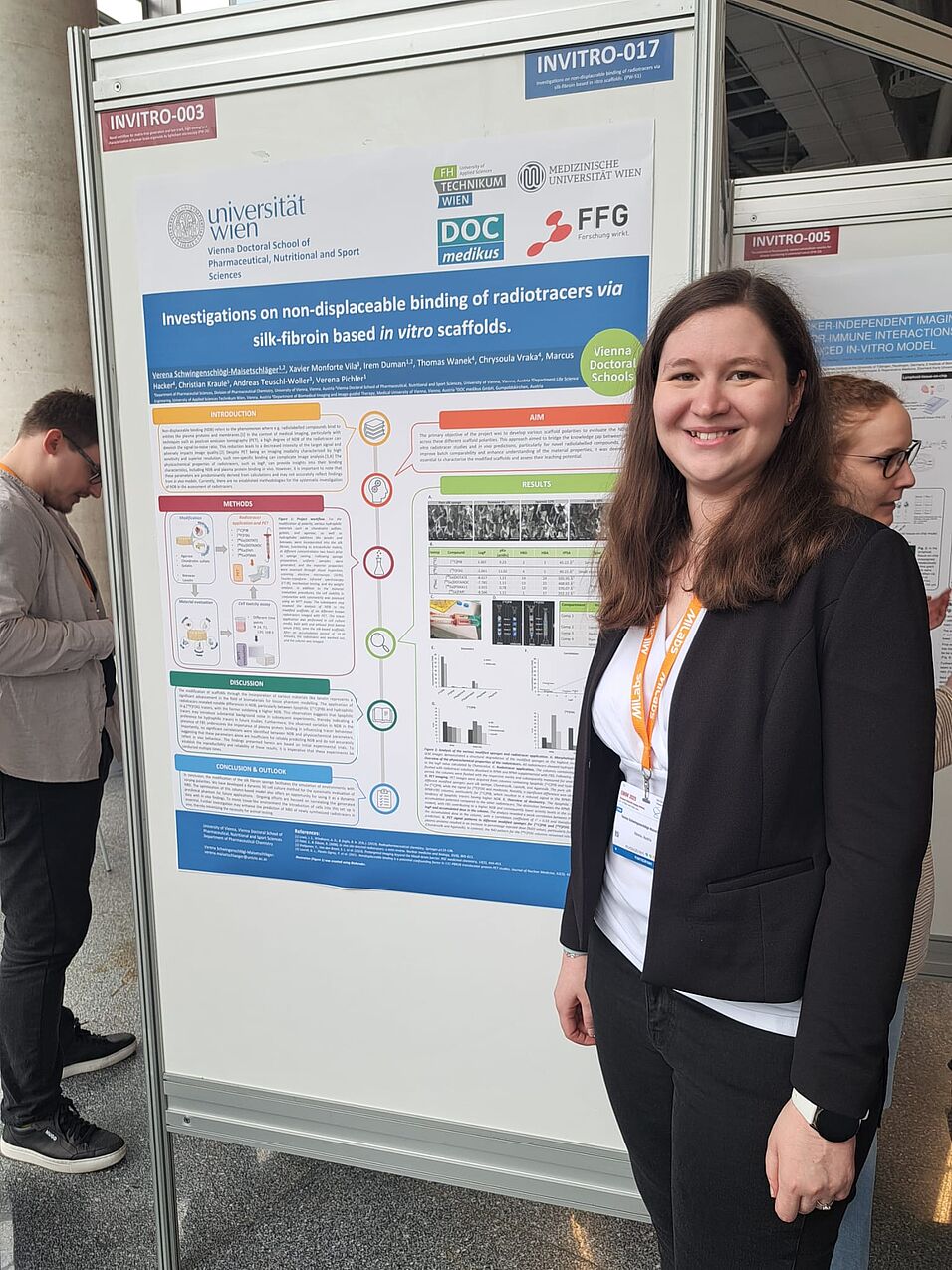- Period of stay: 11 to 14 March 2025
Report
I had the privilege of attending the 20th European Molecular Imaging Meeting (EMIM) in Bilbao, Spain, from March 11 to 14, 2025. This congress serves as a significant annual platform organized by the European Society for Molecular Imaging (ESMI), focusing on multidisciplinary molecular imaging techniques. Given that a component of my PhD thesis involves Positron Emission Tomography (PET) imaging and radiotracer applications, this congress was an excellent opportunity to expand my knowledge in imaging techniques.
During the event, I also participated in a certified 3R Symposium, which covered topics ranging from ethics in animal research to alternative animal models and the 3R (Reduce-Refine-Replace) principles in imaging science and the welfare of animal research staff. This provided me with valuable insights into the 3R principles, which are pertinent to my PhD work. In addition to the 3R Symposium, I attended engaging presentations on PET imaging, various imaging principles, in vitro models, artificial intelligence in imaging technologies, and sustainability in medical imaging. A particularly captivating talk by Prof. Niels Lynnerup on "Imaging the Dead," which focused on imaging mummies and bog bodies, was a highlight. Moreover, I had the opportunity to network with principal investigators, postdoctoral researchers (PIs), and PhD students from around the globe, enriching my academic environment and providing new perspectives and ideas. The discussions with fellow participants were dynamic and greatly contributed to my understanding of my project.
As part of the congress, I presented my research for the first time at an international conference, which enhanced my presentation skills and boosted my confidence in addressing audience questions. Additionally, the conference dinner allowed for enjoyable interactions with diverse personalities. Overall, I am grateful for the opportunity to participate in this congress, share my work with the scientific community, and gain valuable insights from other speakers. I would also like to express my appreciation to the PhaNuSpo Doctoral School for their support through the PhaNuSpo Travel Grant, which made this experience possible. My participation in the 20th EMIM was intellectually stimulating and significantly advanced my research.


